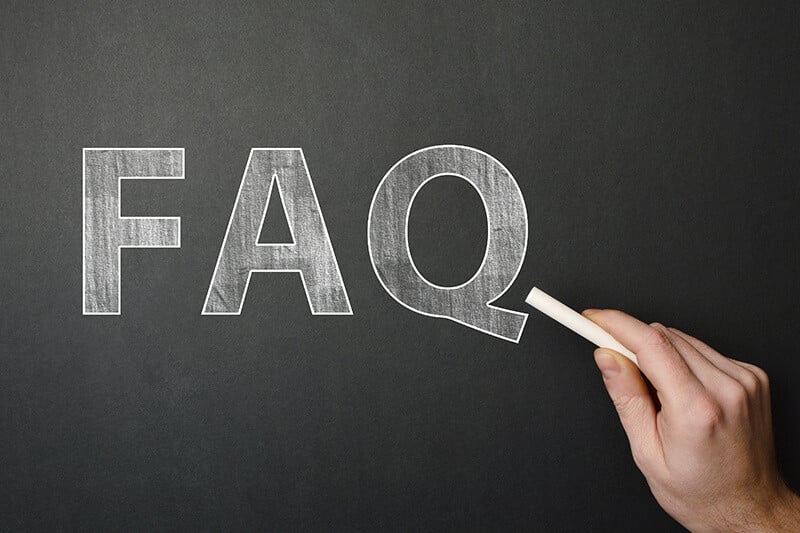How Do I Choose an Egg Donor? 6 FAQs
Six Common Considerations in Choosing an Egg Donor

Are you ready to find an egg donor? No doubt, you have a few questions, especially since this route may be very different from your original vision of creating a family. Here are six considerations involved in selecting an egg donor.
-
What kind of information can I view about an egg donor before making a choice?
Each donor profile contains between 10 to 15 pages of information, including:- Physical traits of the donor and immediate family members, such as height, hair color, and eye color
- Information that may provide insights about the donor’s personality, including favorite books, movies, and long-term goals
- Educational background of the donor and immediate family members
- Personal and family medical health and genetic history
- Motivations for donating
- Multiple photos of the donor, including childhood and adult photos
-
Should I be sure to find an egg donor who has a college education?
It is our practice to see that all the young women who are in our database are thoughtful, smart young women who are able to think through the complex issues of being an egg donor. But no one can assess the IQ of an egg!
Intelligence is related to a combination of factors, both environmental and genetic. Young women who have not had the opportunity to attend college may still be very bright. A donor may have had the potential, if not the opportunity, to attend college. And, as you know, DNA isn’t destiny. Your values will contribute equally to the educational goals and successes of your child. -
Should I select a “proven donor” - someone who has successfully donated in the past?
It can be reassuring to use a repeat donor or someone who has previously been pregnant. But, remember: Every donor has to be a first-time donor at some point. And, including first-time donors in your search gives you a larger pool of potential candidates that could be a good match for you. We have compared our pregnancy rates of first-time versus repeat donor cycles and the pregnancy rates are the same. -
Does it make sense to choose the youngest donor possible?
Are pregnancy rates better, the younger the donor? Not in the 20-something age range. In this age group, pregnancy rates are the same whether the donor is 23 or 29. Oocytes from young women between the ages of 21 and 30 have high pregnancy potential, and fertility rates don’t start to decline until about age 34. -
Can I predict the height of my child based on the donor’s height?
This is not easy to do. A short donor does not necessarily produce a short child. Projected height for a child is estimated as an average of both biological parents—and height of grandparents can also be a factor. Nutrition and the sex of the child also likely contribute to height. -
Does my donor’s blood type affect my chances of pregnancy?
No, the donor’s blood type contributes to the possible blood type of your child, but it does not impact the chances of pregnancy success.
The Pacific Fertility Egg Bank Blog is an informative resource for future parents, highlighting a comprehensive range of topics important to both sides of the egg donation process. Popular topics include egg bank information, our egg donor database, egg donor cost, success rates, finding an egg donor and more. If you would like to learn more about our San Francisco-based egg bank, contact us today.